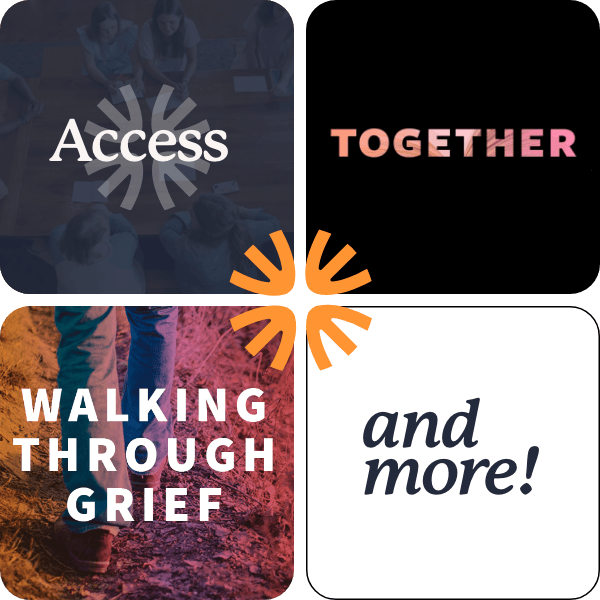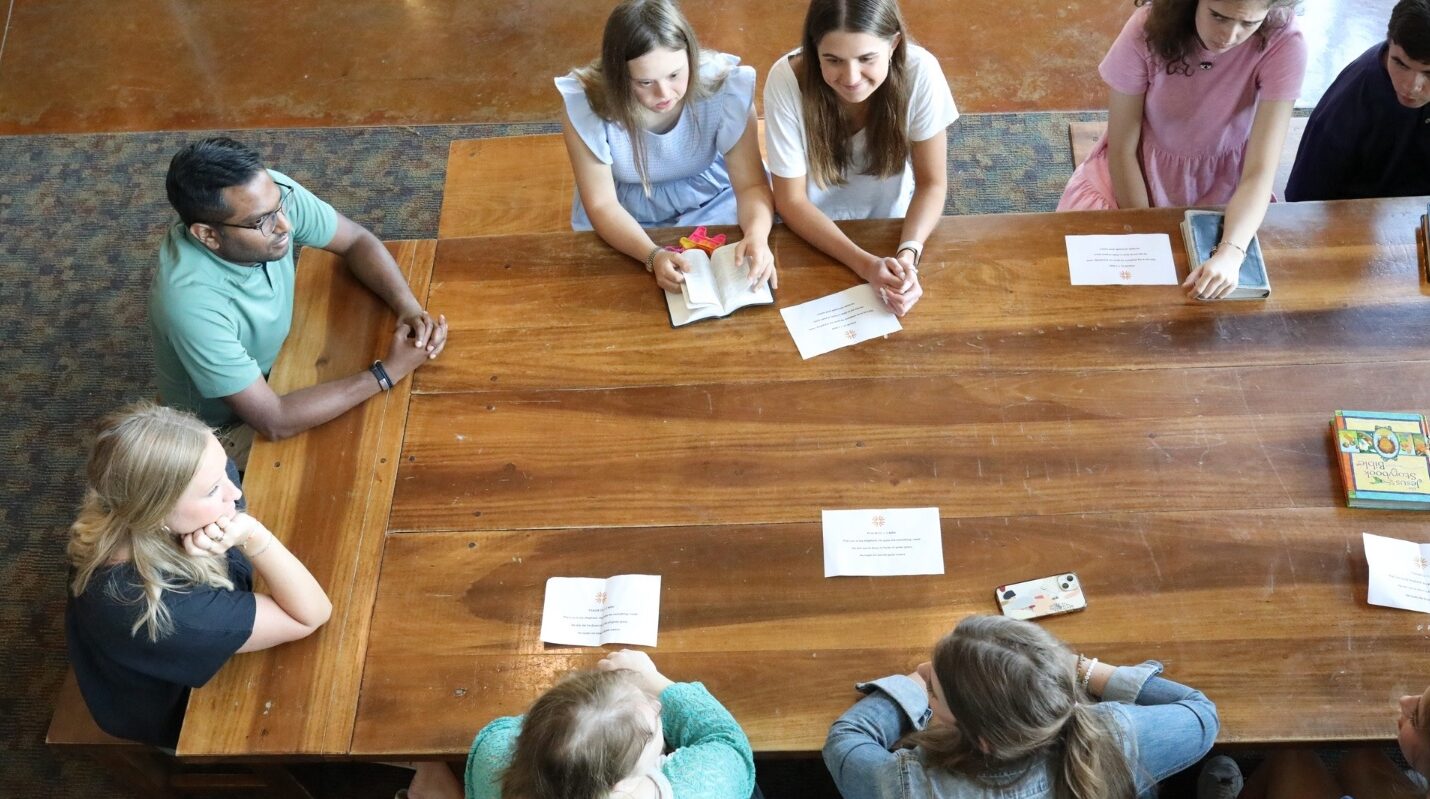
Equip your congregation to flourish as one body.
Apply our easy-to-implement training so that in your church, no one is left out.
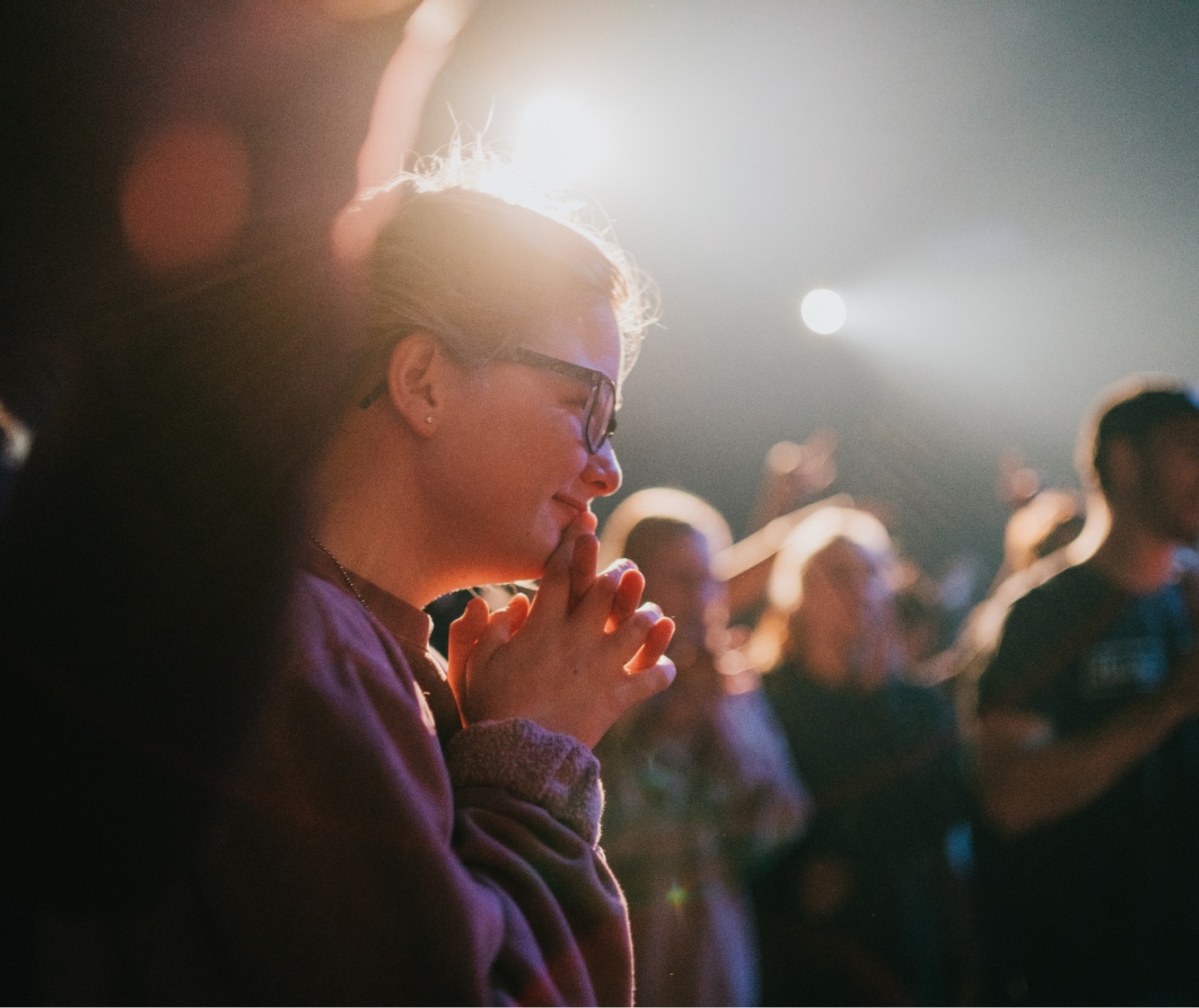
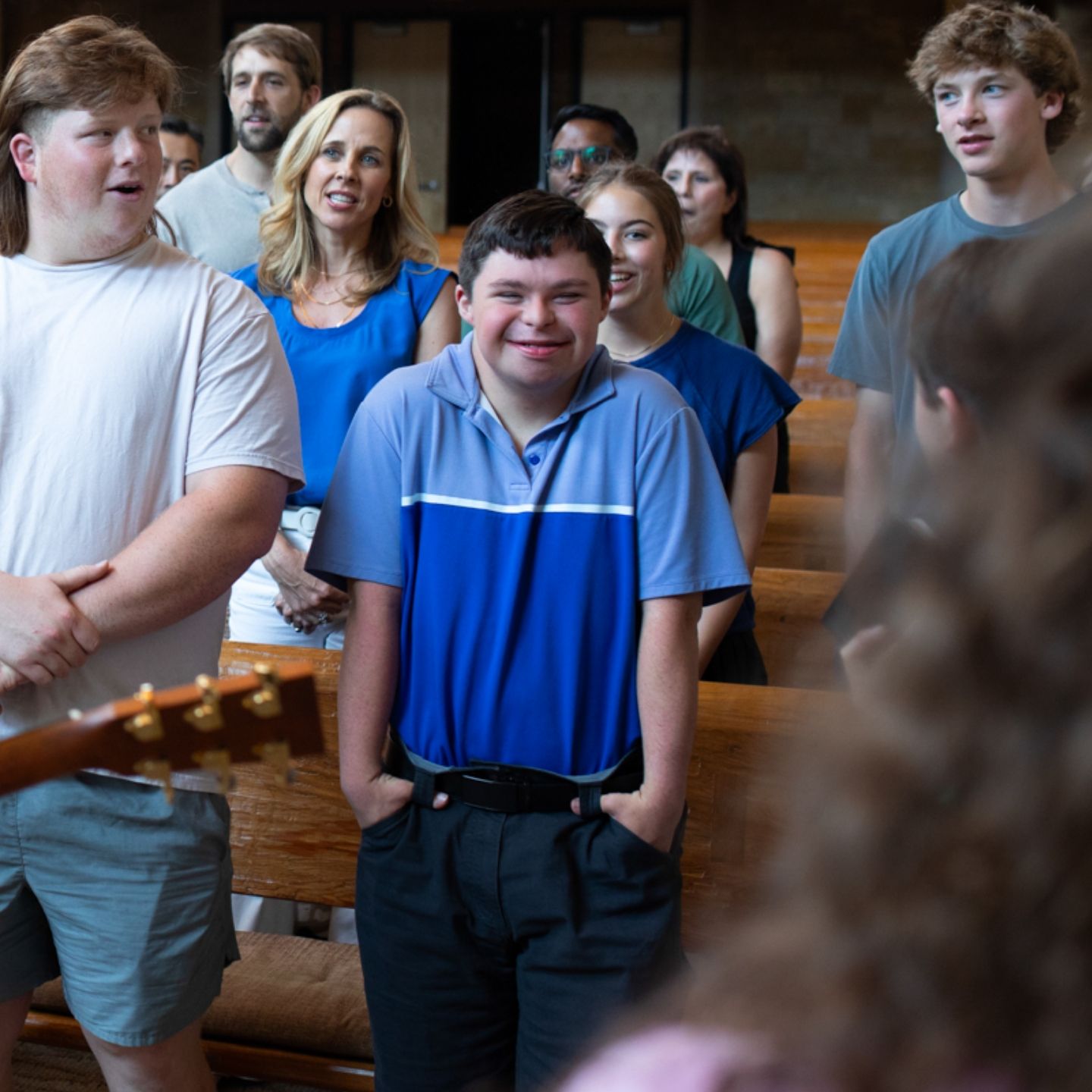
Help churches across the United States and Latin America include disability
Too many people with disabilities are not experiencing the embrace of a faith community. Together, we can change that.
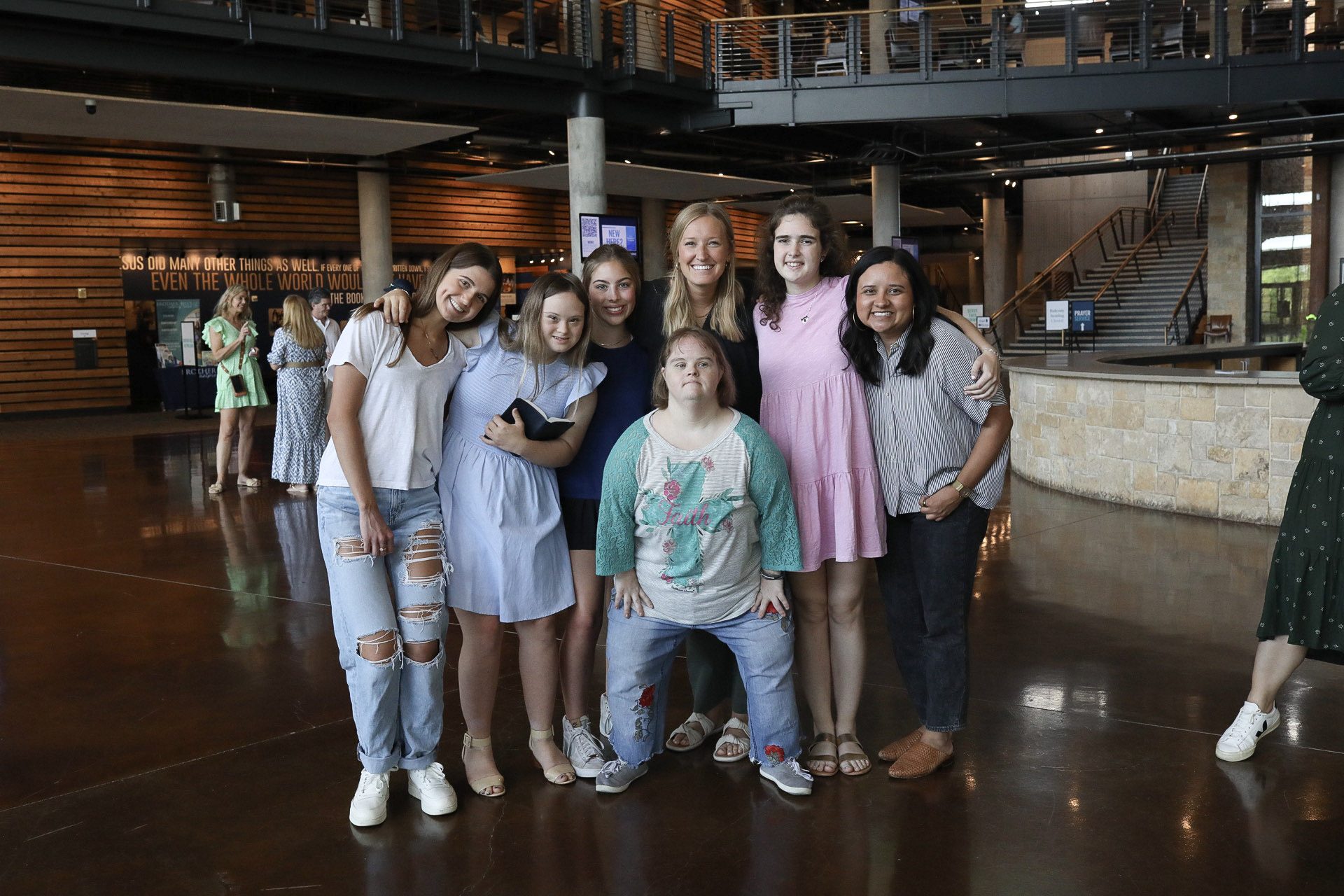
Friendship Groups
Mutual and Meaningful Biblical Friendships
Want to launch a Friendship Group in your community? We are ready to equip you with resources and training to help get you started!


Together:
A comprehensive curriculum proven to transform churches
Through short videos, discussion questions, and interactive exercises, your church can begin to create communities where those with and without disabilities can truly be with each other.
We’re here to create belonging, and it’s working!
Stay in the Know
Sign Up for our Newsletter
We want you with us in this work, and we want our updates in your inbox! Sign up for our newsletter.

